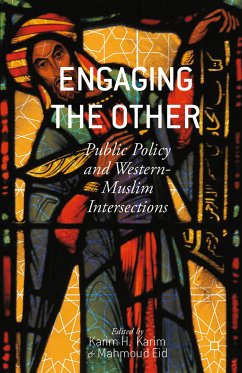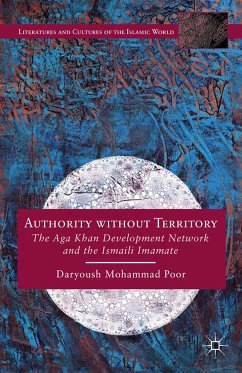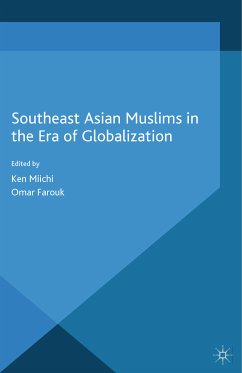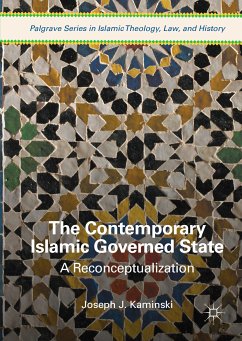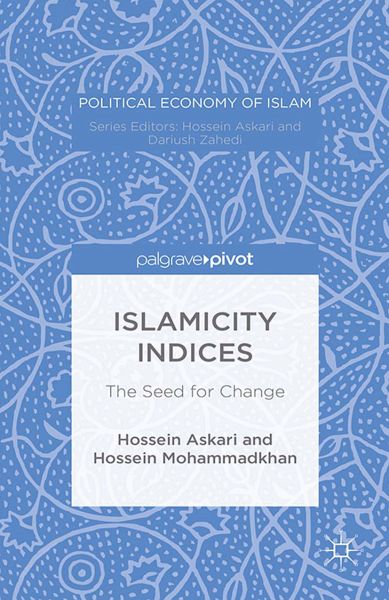
Islamicity Indices (eBook, PDF)
The Seed for Change
Versandkostenfrei!
Sofort per Download lieferbar
48,95 €
inkl. MwSt.
Weitere Ausgaben:

PAYBACK Punkte
24 °P sammeln!
The extent of Islamicity, or what Islam demands, is measured to confirm that self-declared Muslim countries have not adopted foundational Islamic teachings for rule-compliant Muslim communities. Western countries, on the other hand, are demonstrated to have better implemented fundamental Islamic teachings for a thriving society.
Dieser Download kann aus rechtlichen Gründen nur mit Rechnungsadresse in A, B, BG, CY, CZ, D, DK, EW, E, FIN, F, GR, HR, H, IRL, I, LT, L, LR, M, NL, PL, P, R, S, SLO, SK ausgeliefert werden.




